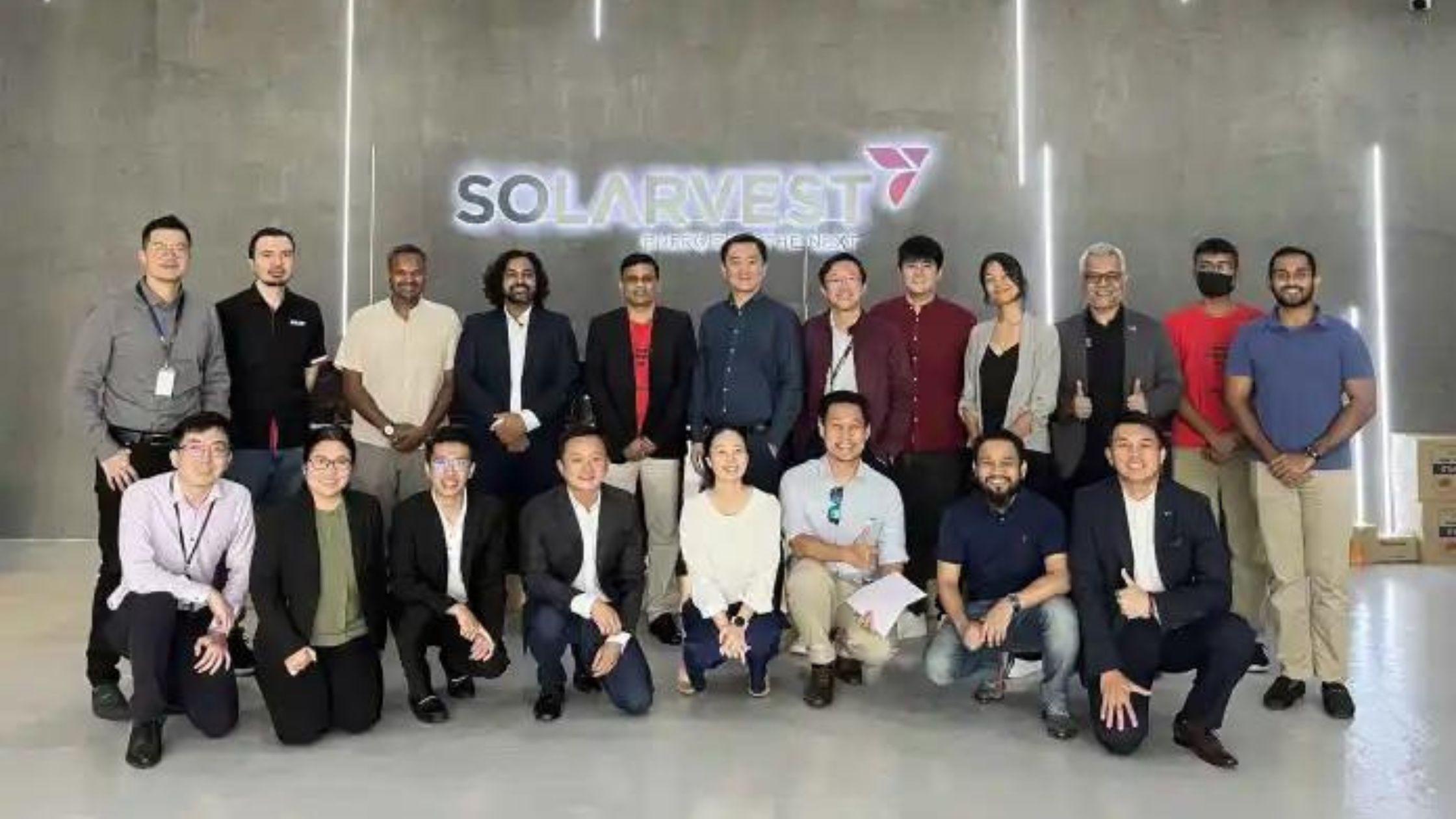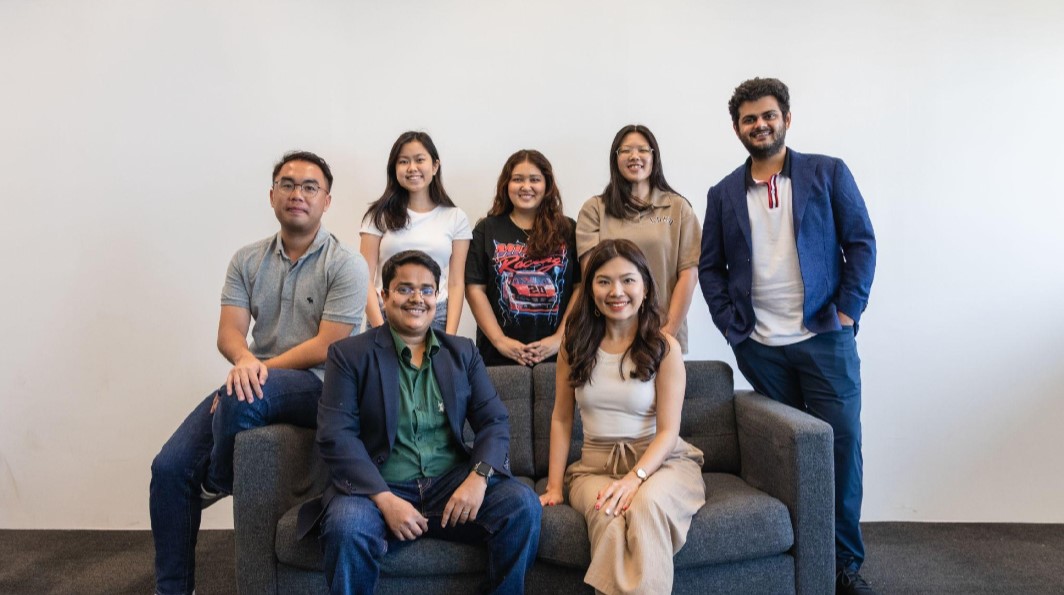AsiaTechDaily – Asia's Leading Tech and Startup Media Platform

Top 10 Emerging Startups In South Korea
The South Korean startup industry has been flourishing due to the innovative ideas, enterprising founders, and likable support system both through international and domestic ventures. From AI, blockchain, e-commerce, fintech, and virtual reality to agricultural innovations, the startups in South Korea have successfully experimented in various areas. In 2019, 11 Korean startup companies achieved the unicorn status placing South Korea in the same league as the US and China. Most of the South Korean startups are located in Gangnam and Seoul.
Though the COVID situation has had a negative impact, the ecosystem is expected to emerge out stronger. With 221 accelerators and 134 innovation centers (as of February 2020), South Korea provides the perfect launchpad for startups just beginning their journey.
The K-Startup Grand Challenge is a startup accelerator program conducted and financed by the Korean government. The program is an initiative to support foreign startups that want to enter the Korean market and further explore the international markets. The program has been promoting Korea as the global leading startup business hub since 2016.
Here are the top 10 emerging startups in Korea-
Olive Healthcare, Inc.
This IoT startup is the maker of Bello, a portable scanner that uses infrared spectroscopy to measure belly fat. The measurements are analyzed by artificial intelligence algorithms to measure the fat density in the belly. The company targets consumers who care about strict body fat monitoring like bodybuilders, and those suffering from obesity, hypertension, and diabetes. The company plans to sell directly to customers through Amazon. This year, their focus is on seeking partnerships with insurance companies. In 2020, the company has received $6.91 million in funding.
BrilliantTS
The company creates a Fuze Card, a small multi-ecard that allows the users to select and pay for every payment of 30 cards or more, which includes credit cards, membership cards, and check cards. BrilliantTS have managed to raise more than $2.3 Billion on Indiegogo. It has expanded into the cryptocurrency industry by creating FuzeW, a cryptocurrency hardware wallet. This wallet can store over 1000 cryptocurrencies, including Ethereum, Bitcoin, BitcoinCash, XRP, and Litecoin. The multiple security layers adopted by the company make its hardware wallet stand out from the rest.
Bagel Labs
The company is the creator of a smart tape measure, PIE. This tape is used to measure a person’s body size, and the data is then transferred to its smartphone app. This helps in analyzing and tracking changes to the body for health and fitness purposes. The launching price of PIE was $39, and within a day, they were able to hit their target of $30000. Bagel, their first product, which was a digital tape measure, was a huge success globally. The product raised $1.35 million on Kickstarter in over 100 countries.
CoreDAR
The company has created a tiny lidar sensor, GLAMOS, that lets its users control their laptop, TV, or projector using gestures, therefore allowing users to create a virtual touchscreen anywhere. The users have to wave through the air and can effortlessly cycle through the presentations. It functions by creating a motion-sensing field that rapidly fires a laser at a continually rotating mirror. This device can detect at a rate of 40 times per second. As a result, the users don’t have to use the cursor or a mouse to scroll or click. The company has raised over $350,000 on crowdfunding platforms.
Fast Five
One of the emerging tech startups in 2020, Seoul-based Fast Five, provides managed co-working office spaces for individuals, startups, and small & medium enterprises. The users can book dedicated desks, open desks, hot desks, meeting spaces, private offices, and more. There is an in-house cafeteria, fitness centers, community lounge WiFi, and other amenities. Fast Five’s clientele includes Trevari, Fast Campus, Code States, and Miso, among others. There is a fixed fee for the services offered. The company has raised USD 29 million in funding to date and is one of the most promising South Korean tech startups for 2020.
Toss
An app-based platform for financial services, Toss offers multiple solutions: money transfer, P2P, QR code scanning, payment splitting, bank account management, and card management. Its users can check the credit score and credit payment status that helps them in loan recommendations. Besides that, users can track income and expenses for financial reporting. This Seoul based company was founded in 2015 and has raised USD 264 million to date and is one of the top emerging startups in South Korea for this year.
Linkflow
Linkflow is the creator of the first-ever 360 degrees Neckband wearable camera. The company is a Samsung C-Lab spin-off, and its product “FITT360” is making its mark in the camera market. It was also selected in the Digital Imaging and Photography category as a CES 2018 Innovation Award Honoree. The company founded in 2016 has received a lot of attention from security companies who were fascinated by the ability of their product that can record in 360 degrees. Furthermore, the company has raised more than $400,000 on Kickstarter.
WellsCare
Another IoT startup that is to look out in 2020 is WellsCare. The company manufactures and sells smart healthcare devices. The main product of WellsCare is IASO, a wrist-size cold laser device that helps in relieving pain. It is a safe and easy to use self-home care laser pain therapist that uses Low-Level-Laser Therapy that has several verified pain-relieving effects. Additionally, it also provides a customized healthcare service that can be connected with a smartphone. This Seoul-based company was launched in 2016 has been able to raise their series A funding from the Credit Guarantee Fund and plans to use this amount towards clinical research at Korea’s top university hospitals.
Stradvision
This AI-based startup uses deep learning camera image detection technology for automobiles. The company has developed a software solution that can be used to recognize people and road signs by using deep learning. Their technology can distinguish between people, bicycles, cars, and objects. Besides that, the camera can also read movement patterns and predict safety measures in advance. The company has managed to raise $40 million in funding to date and is presently doing mass production projects in Europe and China.
These were some of the top emerging startups in Korea. The key factors like the country’s location, access to sea routes with modernized ports, availability of high-ranking educational institutions, and government regulations have collectively helped in thriving the startup ecosystem in South Korea.





